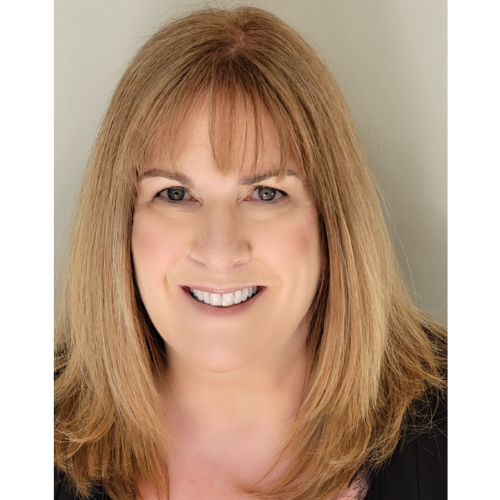
Should Advisors Support Clients in Achieving Non-Financial Goals?
I’d be preaching to the proverbial choir if I suggested that crafting a meaningful plan for the future involves thinking beyond a client’s financial goals. As clients look forward they aren’t only seeing dollar signs, but thinking about health, personal growth and happiness.
The enduring challenge for advisors has always been where to draw the line, when it comes both to advice and the experience you deliver. The reality is that you are likely a financial advisor; you are not a personal trainer, travel guide or life coach.
What Really Matters When Clients Look Forward?
Our latest investor research highlights an important point. When high-net-worth clients were asked what is most important as they think about the future, financial security rose to the top of the list. However, getting or staying healthy was just as important (save for three percentage points). And while there is a jump down from there you can see that fulfillment in retirement, time with family and new experiences are important to a relatively high percentage of clients.

We might summarize non-financial goals into a set of core categories.
- Health and Wellness: Achieving and maintaining good physical and mental health.
- Personal Development: Learning new skills, pursuing hobbies, and achieving personal growth.
- Quality Relationships: Nurturing meaningful relationships with family and friends.
- Work-Life Balance: Balancing career aspirations with personal and family time.
- Life Satisfaction: Finding contentment, happiness, and a sense of purpose.
What is Your Role?
All of this brings us back to that original question. Does the fact that a client has a particular goal mean that you need to become an expert in helping them reach that goal? Clearly not.
However, one of the more interesting results of the study shows that clients are looking for your support across a range of goals. The key is defining what ‘support’ really means.
The chart below shows the top five factors identified as most important to clients as they think about their future. Next to that is the percentage of clients who said they would find it valuable if you could help them “think about or plan to reach those goals.” There is a big difference between solving for something as an ‘expert’ and guiding clients to think about what is most important.
.png)
Practically speaking, the support you provide will depend very much on the offer you want to deliver. That support could include any of the following, going from the simplest to the most complex.
Be a trusted partner. Help clients identify, evaluate and plan for their non-financial goals, by helping them help themselves.
Monitor progress. Help clients track their progress toward non-financial goals in the same way as you track progress toward their financial goals.
Advice on resource allocation: Assist clients in prioritizing their non-financial goals and allocating resources accordingly. This may involve budgeting for health and wellness activities, setting aside time for personal development, or planning family vacations.
Align financial and non-financial goals. Align financial goals with life goals, where relevant. For example, planning for early retirement may support the goal of achieving a better work-life balance.
Expand the offer. Provide advice that takes account of family dynamics, and personal aspirations as well as financial goals.
The Impact on Engagement
It may feel like all of this is a ‘step too far’ when thinking about client relationships. We do know (because our research tells us) that advisors who focus on the whole client demonstrate real leadership and drive engagement in the process.
- The impact on the business is stronger loyalty, higher share of wallet and more referrals.
- The impact on the client may be reduced stress, improved financial decision-making and enhanced quality of life.
The question, as always, is how to do this efficiently and at scale. We’ve dedicated our business to solving that problem for advisors and will be sharing practical ideas in our upcoming blogs and webinars.
Thanks for stopping by,
Julie





